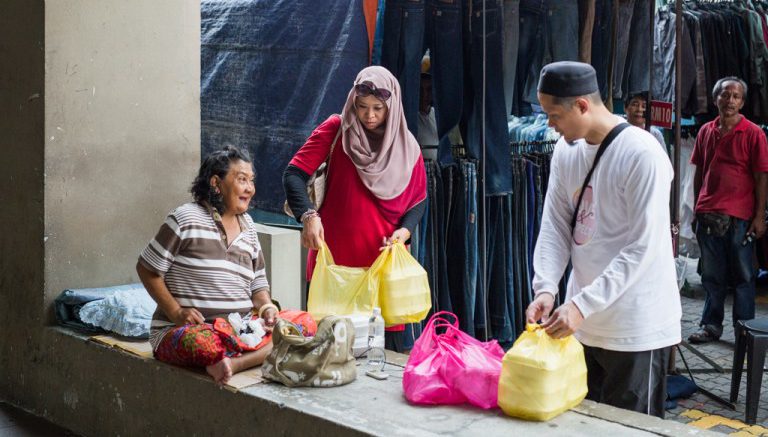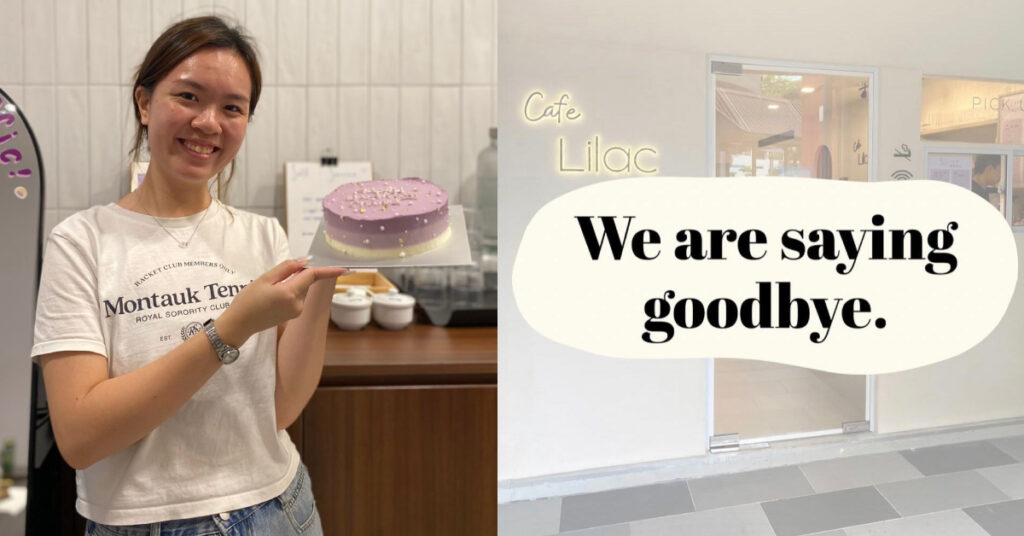Running a business is never easy, but this fact is often doubled and even tripled when it comes to running a social enterprise. Thanks to what they try to accomplish, profit margins are traditionally low, and despite your best efforts, your social enterprise might not do enough to tamp the problems that are so close to your heart.
Nevertheless, Zeal of Love & Respect Transformation Center would tell you this, “Don’t wait until you have money or time to start. Start now with whatever you have and make an intention to give time however little in a week or month to start. If you don’t have money, give time.”
Headlining his own startup along with his co-founder and wife Murshidah and fellow co-founder Kamarulzaman, the center handles an issue close to Zeal’s heart because he too has suffered homelessness in darker times of his life.
“We have been taught by our religion since we were young to help others in need. The reward is very big and we will not know the extent of this until we meet our Creator on the day of judgement. This can be our salvation in the Hereafter,” Zeal said, full of… well, zeal.
What They Do

Zeal, or Ahmad Zihaimi Zainuddin spent two months in 2006 homeless in Singapore. But with the right mindset and faith, he managed to claw his way out of that situation through tireless calls to potential clients and to ask for job offers.
“After coming out of my homelessness, I made a commitment to help the homeless and low income families because I know how hard it is.”
But he found the push to really kick things off in 2014, when they collaborated with an NGO to conduct a program for sex workers. There, he met an approximately 60-year-old sex worker who tried but failed to get help, shunned by all of her friends and family.
“I was very emotional because she was about my late mother’s age. I couldn’t sleep for many nights,” said Zeal. “How can we as a community allow her at her age to be like this and live in this kind of condition? I prayed for a way to help them and got inspiration in finding long-term solutions for these marginalised groups.”
And this was how the Love & Respect Transformation came to be.

Despite what our prejudices might tell us, many honest people also fall into homelessness. Some are plagued with financial problems, like employers who don’t pay their salary, or are people from overseas or out of town looking for a job but ran out out of funds.
Then there are those that are victims of circumstance, which then keeps their mindset down in the dumps and out of homes. Some of them come from abusive homes and grow up with low self esteem and a belief that they are destined to be poor. Our community then turns their noses up to these people, calling them lazy, dirty, drug addicts which adds up to keep them in their place.
“Some of the homeless told us even among the homeless there are gangs and rivalry. The strong prey on the weak, and new homeless,” said Zeal. “Drug pushers takes advantage of their vulnerable state. When one of them get jobs some of them will block them from going out of the homeless community.”
How They Help
Murshidah said to the Billion Dollar in an interview, “The core objective of Love & Respect is to provide training to all levels of people starting from government officials, corporate organisations as well as to the community. We first teach on mindset change followed by skills acquisition.”
Using methods like Accelerated Learning and Neuro-linguistic Programming, the team conducts paid training courses for corporates, government and the public. And for every paid training they will conduct self-development and skill-based workshops for the targeted beneficiaries.
And between Zeal’s NLP certification as a life-coach and Kamarulzaman as a certified master practitioner of neuro-linguistic programming and business coach, they’re applying their skills to continue to help others.
Murshidah also runs the mindset change programme, which started when she was engaged by WAO (Woman’s Aid Organisation) to counsel the abused women and children in Malaysia.
Speaking of that experience, she said, “Some of the women were very smart and very educated, yet they allowed abuse in their lives. It takes a lot of shift in women’s thinking about their rights. In order to work with mindset change, we need to approach them holistically through body, mind, heart and spirit levels. The initiative to change must come from them and I initiate this from them.”
For a quick overview of what the team does in their work with the homeless:
After skills acquisition, the team will then determine if the person is more suited towards holding down a job, or to run their own business. And depending on how they’re suited, they’ll either be empowered with the skills of running their own business, or matched with the right employers in specific industries.
Powered With Faith

With a strong slant towards religion and religiosity, Love & Respect Transformation Center is both inspired by their faith, and uses faith in their day-to-day work.
“We know for a fact that our religious education and knowledge had helped us get out of many challenges in our business and helped us to bring our business to the next level,” said the team.
“When we do business we must adhere to certain rules in our religion like honesty and integrity. So we treat all customers and beneficiaries with utmost Love & Respect. We get many repeat clients in our training because they see as very different from other companies. Most of them love the idea that from our profits we channel a portion of it to social programs to help the marginalised communities.”
But the going isn’t always smooth.
When You Want To Help, But Are Refused

The overall, non-homeless community serves up some problems. They are happy to sponsor the beneficiaries, but are less keen on attending the Love & Respect programs so that they can see the beneficiaries’ challenges first-hand.
Even the people they’re meant to help may take some convincing before they can join, preferring to attend to short-term solutions like a food drive rather than a self-development program that may not give them immediate returns.
Despite that, the team thinks that helping the homeless is the least challenging activity they have. The bigger difficulty lies in getting them to stay in jobs.
“We do not have any success stories with homeless but we have learned from our mistakes. In future we will let the employer know about the importance having positive mindset change as part of the new employees orientation program.”
Also Read: Do You Even Prepaid Bruh? Here Are 5 Reasons Why You Would.
Feature Image Credit: The Billion Dollar











